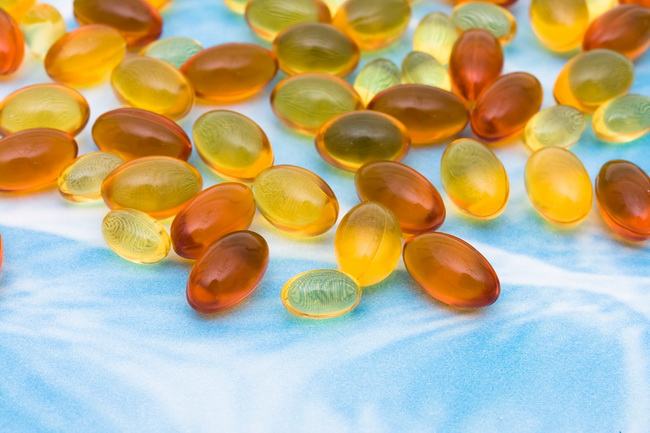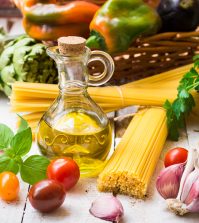- Make It Yourself Lavender Heart-Shaped Bath Bombs!
- 20 Things You Never Knew About “Down There”
- 12 Best Foods For Those Suffering From Arthritis Pain
- 12 Personal Hygiene Mistakes Almost Everyone Makes (Mom Never Told You About #4!)
- 15 Medicinal Plants And Herbs From The Cherokee People
- 12 Mind-Blowing Benefits Of Drinking Coconut Water During Pregnancy
- 12 Outstanding Winter Foods That Won’t Fatten You Up Like A Christmas Turkey
13 Vitamins Every Woman Needs (#9 Is So Hard To Get!)

Photo credit: bigstock.com
2. Vitamin A
Vitamin A is a fat soluble vitamin, which means that your body will store some of it in your fatty tissues. This means that it is easier to overdose on vitamin A, so you don’t want to overdo it but women of all ages need vitamin A for the building of strong teeth, skin, bones, and mucous membranes. This vitamin reduces your risk of developing chronic illnesses, slows the aging process, improves the immune system and supports healthy eyesight. Take a vitamin A supplement according to directions. To avoid overdose, you might want to take one day off per week from consuming a supplement. You can also eat more foods that are rich in this important vitamin like watermelon, tomatoes, carrots, red bell peppers, eggs, liver, milk, cantaloupe, pumpkins, broccoli, peaches, and guava.
3. Iron
Iron carries oxygen within the body, supports a healthy immune function, cognitive development, the production of red blood cells, and regulation of the body’s temperature. Women are especially prone to being iron deficient once they begin menstruation. Slacking on iron can cause your body to cut back on the production of red blood cells, which causes anemia. Anemia can lead to unrelenting feelings of fatigue and weakness, even shortness of breath while doing things that aren’t at all strenuous. Anemia causes many women to feel cold most of the time.
A lack of iron will also weaken the immune system, leaving you vulnerable to all sorts of creepy crawlies. Eat plenty of iron rich foods such as dark green leafy vegetables, lean red meat, fish, beans, turkey, and chicken. If you tend to have very heavy periods, you might want to consider taking a ferrous sulfate iron supplement. This kind of supplement is the easiest type for your body to absorb. Don’t overdo the iron, however, as iron-rich foods cause constipation.
4. Vitamin B2
Also known as riboflavin, B2 is essential for proper metabolism function and normal growth. A properly functioning metabolism will improve energy levels and strengthens the immune system. Vitamin B2 has also been shown to be important to the central nervous system, reducing those tingling or numb feelings in the extremities. It also helps the body deal with stress and anxiety. A riboflavin deficiency will result in sore throats, mouth sores, dry, cracked lips, dry hair, pale eyes and tongue, wrinkles and itchy skin. Eat foods rich in vitamin B2 such as eggs, cereals, yeast, milk, cheese, leafy vegetables, almonds, mushrooms, and whole grains.
Continue to Page 3
































